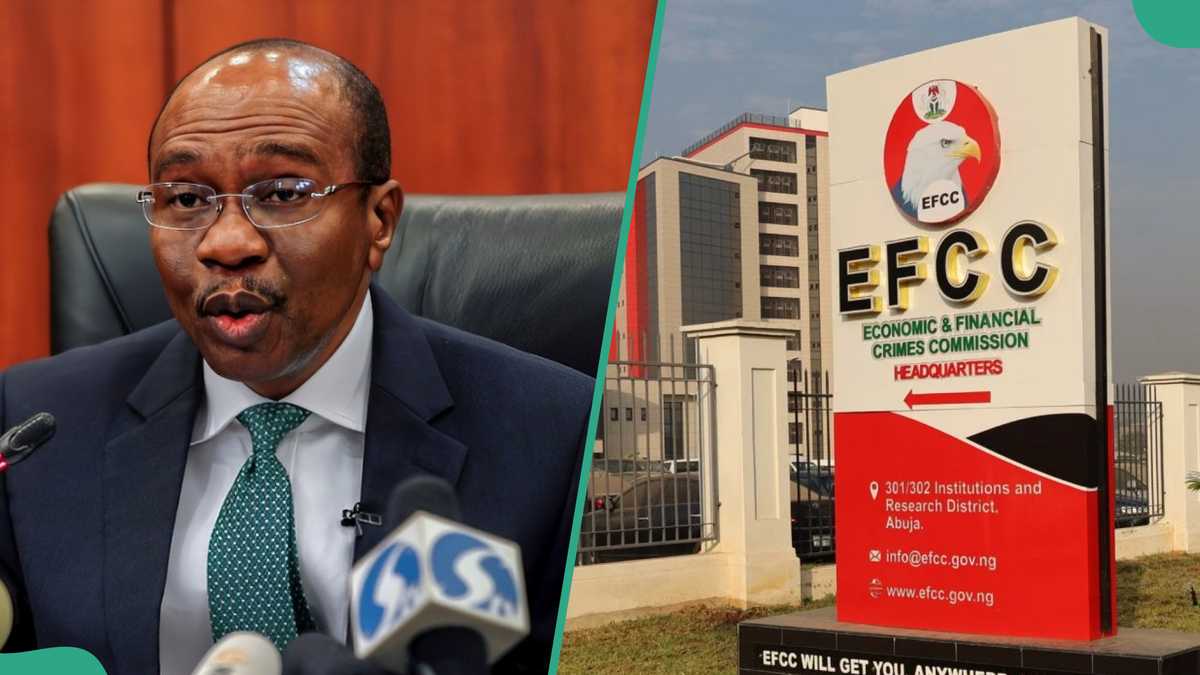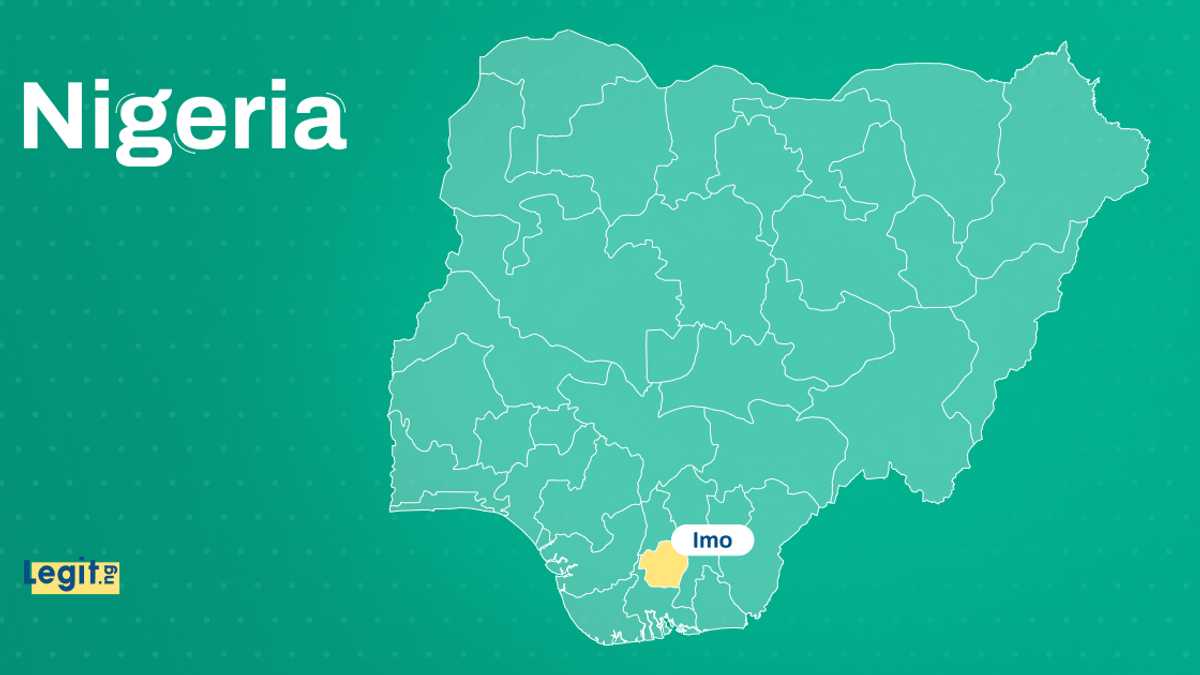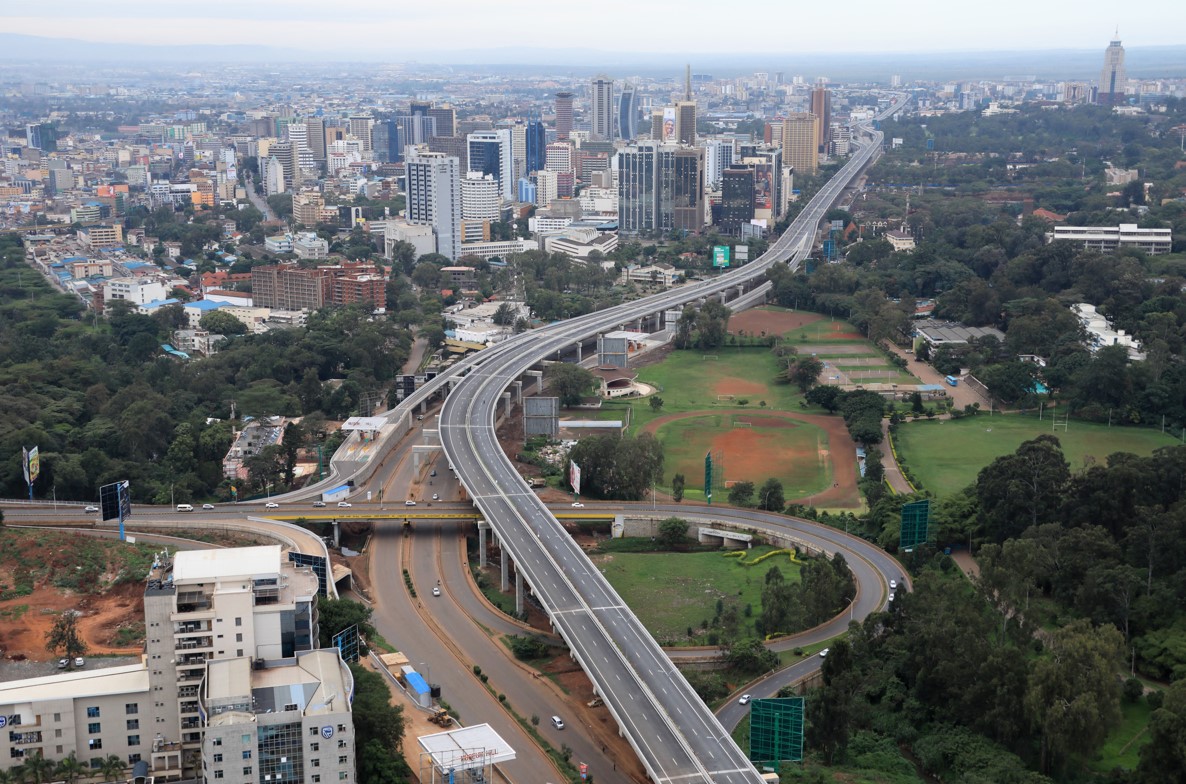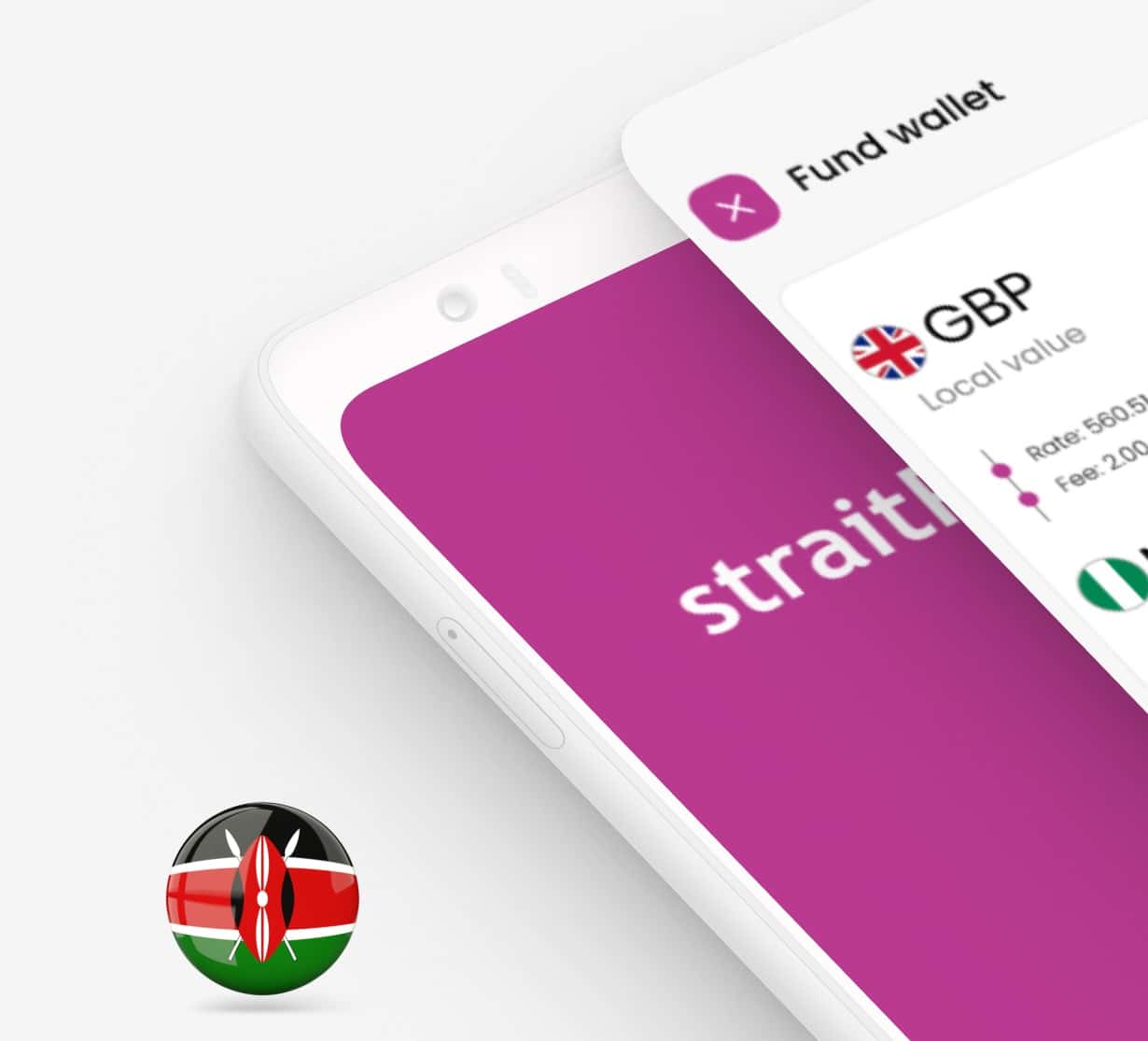Two global financial technology(Fintech) firms have teamed up in a bid to reduce the high cost of sending money to Africa, where remittance fees remain among the most expensive in the world. According to World Bank data, sending $200 to Sub-Saharan Africa cost an average of 8.72% in 2022, making it the most costly remittance corridor globally. Furthermore, more than half of adults in the region still lack access to formal financial services.
To address these challenges, international money transfer company Panda Remit has partnered with dLocal, a payment solutions provider specialising in emerging markets. The collaboration aims to enhance the speed, affordability, and reliability of remittance services in Africa—particularly where bank transfers and mobile wallets are vital tools for financial inclusion.

Through dLocal’s local payments infrastructure, Panda Remit will now offer services tailored to specific regional needs, providing options such as bank transfers and mobile wallet payouts via platforms like M-Pesa, Orange, and Airtel across key regions in North, West, and East Africa. The integration is expected to streamline transactions, lower costs, and boost both security and convenience for users.
Alfred Yang, Panda Remit’s Regional Head, said the partnership supports their mission to simplify cross-border payments and provide a cost-effective way for users to send and receive money. “Expanding our reach in Africa with the help of dLocal allows us to deliver more dependable services that cater to the varied needs of local recipients,” he said.
Justin Goh, Head of China at dLocal, added: “Seamless and affordable remittances are essential to millions of people in emerging markets. Our collaboration with Panda Remit allows for faster, more secure transactions that not only benefit individuals but also contribute to the broader transformation of the remittance ecosystem across the continent.”
Together, the two fintech companies aim to drive greater financial inclusion by reducing remittance fees, improving transaction efficiency, and broadening access to cross-border financial services in Africa.












